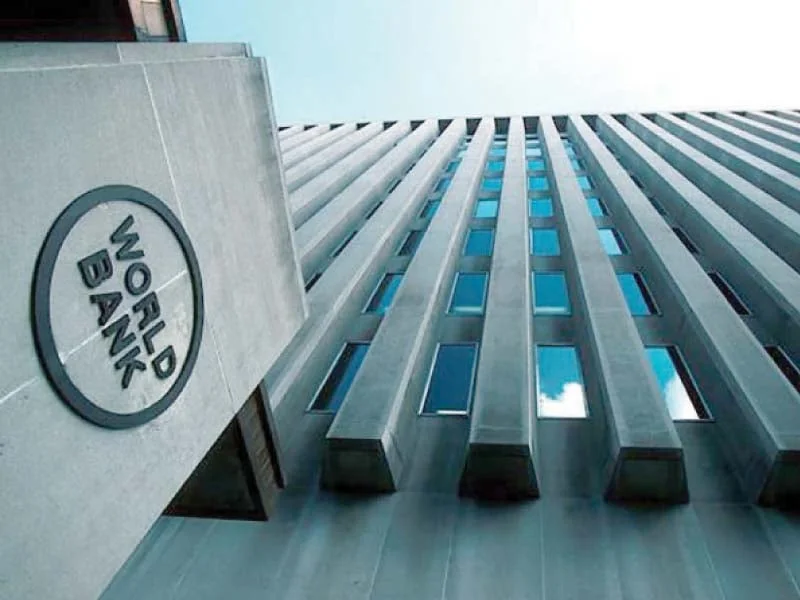ISLAMABAD: World Bank Country Director for Pakistan, South Asia Region Najy Benhassine called on Coordinator to the Prime Minister on Climate Change, Romina Khurshid Alam, to discuss various matters of bilateral interest and cooperation aimed at building climate resilience of Pakistan through various measures.
The high-level meeting focused on the country’s increasing climate vulnerability and the urgent need for enhanced cooperation to address the challenges posed by climate change.
Both sides agreed to collaborate on investing in climate-vulnerable sectors, particularly agriculture, water, energy, floodwater management, and disaster risk reduction, with the aim of making these sectors more climate-resilient.
The meeting also focused on addressing the growing climate-related challenges faced by Pakistan, including extreme weather events such as floods, heatwaves, and droughts. Despite contributing minimally to global emissions, Pakistan remains one of the most vulnerable countries to climate change.
Alam emphasised during the meeting that Pakistan is among the most vulnerable nations to the worsening impacts of climate change, despite its negligible contribution to global greenhouse gas emissions.
“While the country continue to face extreme weather events such as devastating floods, heatwaves, droughts, desertification, groundwater depletion, crop failures and unpredictable rainfall patterns, which have significant economic, social, and environmental consequences, Pakistan is doing everything possible with its own resources and existing capacity to cope with the impacts of climate change,” she said.
While recalling the 2022 flood devastation, she highlighted the worsening droughts, expanding desertification and growing water scarcity in many parts of the country. She emphasised that with the country’s dependence on glaciers and rivers for water, Pakistan is experiencing acute water shortages, further exacerbating challenges in agriculture, which is a mainstay of the country’s economy.
Extreme temperatures, especially in the southern and eastern regions, have been leading to loss of life, increased health risks, and disruption to daily life, she added.
The World Bank official acknowledged the country’s escalating climate vulnerability and offered technical and financial support to help Pakistan build resilience against climate-related risks. He also discussed viable strategies to strengthen Pakistan’s climate risk management systems, focusing on several key areas including water, agriculture, energy, and food security.
Also See: Climate Change, Health, and Development: Addressing Food Insecurity in Pakistan
Meanwhile, the World Bank official also emphasised the significance of developing and implementing comprehensive climate risk management strategies to be implemented at national, provincial and district levels.
He also offered to work closely at all levels with the climate change and environmental coordination ministry and provide both technical expertise and financial support to enhance Pakistan’s coping capacity to deal with the climate risks. This could involve funding for infrastructure projects, climate-resilient agricultural practices, and disaster preparedness plans, he added.
The World Bank’s official reiterated its commitment to supporting Pakistan’s climate finance needs, which could involve facilitating access to international climate funds to finance projects that build resilience to climate change.
This news is sourced from [The Express Tribune] and is for informational purposes only.



